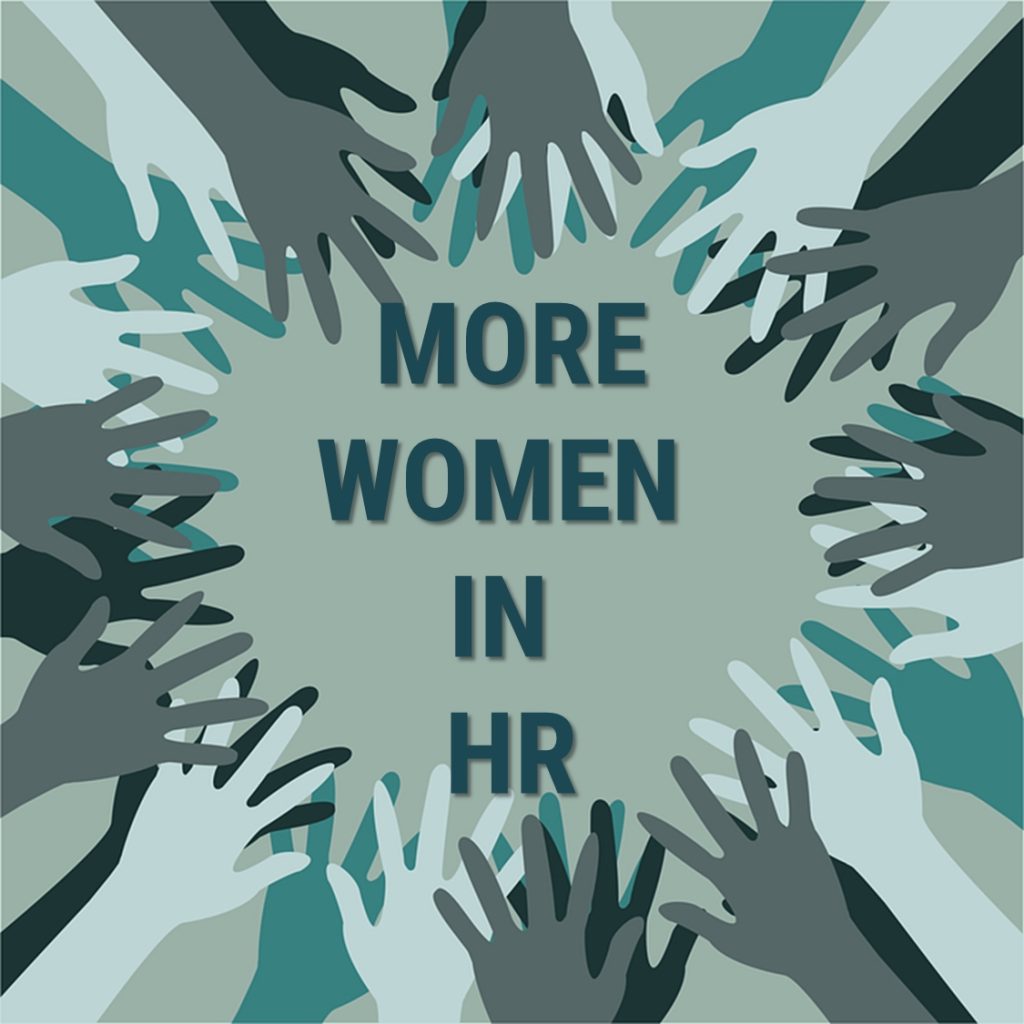The trend of HR professionals taking up part-time roles is on the rise.
Human resources was never an option for many of the industry professionals a decade ago. It was an accidental choice, with people getting into it by chance. The scenario has changed now, as per the 2017 ExpertHR survey of HR Careers, which surveyed 707 HR professionals of all levels in the UK.
The survey found that about 58 per cent of the HR professionals, chose HR because they were interested in the nature of HR work. About 35 per cent opted for HR by chance, while the other 29 per cent chose the profession because they wanted to work with people.
This was not the case in the last two editions of the survey, where 48 per cent of the surveyed HR professionals in 2014 said they got into the field by chance and in 2011, 45 per cent cited accidental association. This means, today, those who wish to work in HR are making informed and cautious decisions.
Interestingly, the survey reveals that women are more likely than men to join HR because they were asked to take on HR responsibilities in a previous role. Men, on the other hand, are more likely than women to train in the HR field from the start.

Reasons for choosing HR as a career
The survey also suggests that HR is becoming more women dominated now, with more women showing interest in taking up HR roles than men. More than 83 per cent of the HR professionals surveyed were women. Also, this year, more women completed this survey than previous editions, which suggests that the ratio of women is increasing.
Distribution of HR professionals by position and gender suggests that men in HR are more likely than women to attain senior levels. In the survey, 68 per cent of the men were found to occupy senior HR roles compared to 61 per cent women.
The survey also disclosed that more HR professionals prefer working part time now. While more than four in five (84.3 percent) HR professionals work full time, one in seven (14.1 percent) work part time and the remaining 1.6 work in arrangements, such as job sharing, working on ad hoc basis or as HR consultants.

HR specialisms required in current role
The most common HR specialisation as per the survey is HR generalist/HR business partner, followed by employee relations, resourcing and talent management.
Most of the participants of the survey felt that workforce analytics skills, knowledge and experience were most essential for HR professionals to achieve success in the current work and also in the future.
While skills and knowledge are important, HR professionals need to keep track of the recent trends, practices and changes in HR. Most of the HR professionals surveyed keep themselves updated with the changes in the HR field, through free online HR resources, social media, as well as the latest technology to connect with HR resources and also by attending employment law courses. 73 per cent of the respondents said they used online resources, while 64 per cent said they attended employment law courses.



